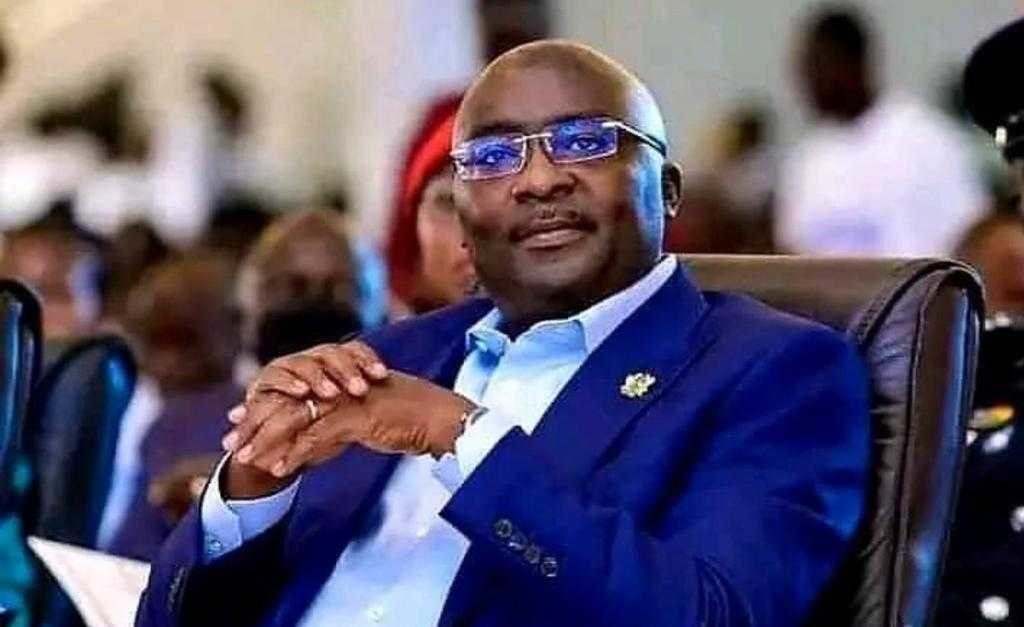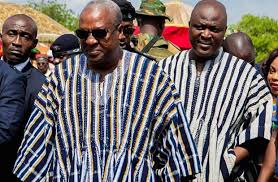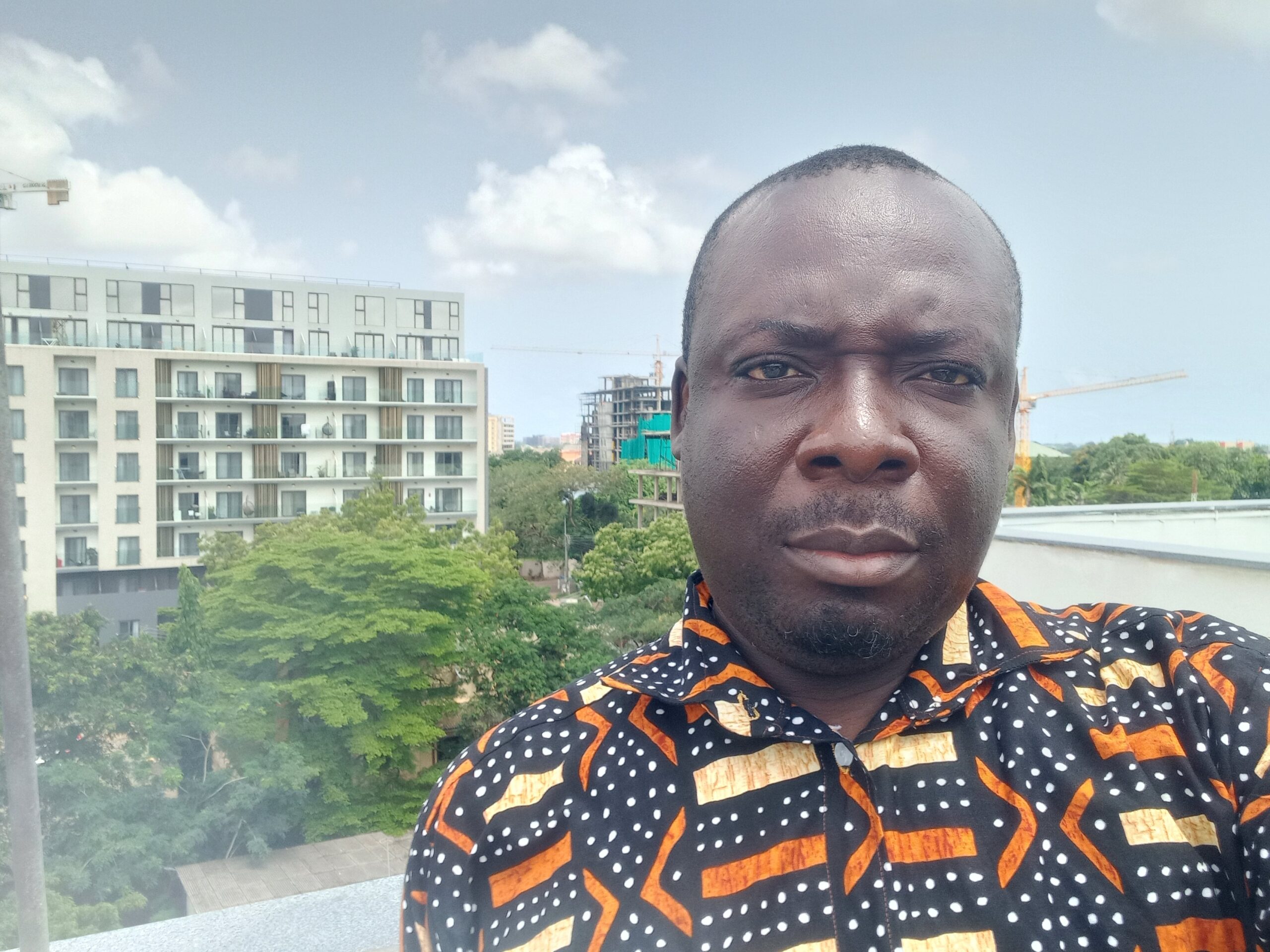By Daniel Dammir Laar (DaDamLaar), BEDEREN FM, Bunkpurugu
The New Patriotic Party (NPP), one of Ghana’s two major political forces, has undergone remarkable transformation since its official establishment in 1992. Founded on the principles of liberal democracy, individual freedom, and free enterprise, the party’s roots stretch deep into Ghana’s pre-independence and early post-independence political history.
Historical Roots
The NPP traces its ideological and historical lineage to the United Party (UP), which was formed in 1957 as a merger of opposition groups seeking to challenge Dr. Kwame Nkrumah’s Convention People’s Party (CPP). The UP itself grew out of earlier political movements like the Northern People’s Party (NPP) and the National Liberation Movement (NLM).
The party’s political philosophy, known as the Danquah–Dombo–Busia tradition, remains a cornerstone of its identity. This tradition emphasizes democratic governance, economic liberalism, and respect for the rule of law, as championed by Dr. J.B. Danquah, S.D. Dombo, and Dr. K.A. Busia.
The Party Today
Today, the NPP stands as a dominant political force, having governed Ghana at various times since the Fourth Republic began. It won landmark elections in 2000 and 2016, ushering in administrations led by John Agyekum Kufuor and Nana Addo Dankwa Akufo-Addo respectively.
With 87 days to the next national polls and 87 NPP Members of Parliament, the party remains central to Ghana’s governance and legislative agenda. Its MPs continue to advocate for economic growth, private enterprise, and good governance, in keeping with the party’s liberal democratic ideals.
The Bawumia Legacy
One of the most enduring connections to the NPP’s founding history lies in the contributions of Alhaji Mumuni Bawumia, a respected statesman, lawyer, and politician who helped shape northern Ghana’s early political awakening.
He served as Vice Chairman of the Northern People’s Party in 1954, alongside S.D. Dombo, before the party merged with others to form the United Party in 1957. His leadership sought to advance development and safeguard the freedoms of the Northern Territories, leaving a legacy of inclusion and civic responsibility.
Dr. Mahamudu Bawumia: Continuing the Tradition
His son, Dr. Mahamudu Bawumia, has carried that legacy into modern Ghanaian politics. Born on October 7, 1963, in Tamale, Dr. Bawumia trained as an economist and banker before entering politics.
He emerged on the national scene in 2008 as the running mate to then-NPP flagbearer Nana Akufo-Addo, and though the pair lost that election, Dr. Bawumia’s command of economic issues quickly made him a household name.
Serving as Vice President from 2017 to 2025, Dr. Bawumia played a key role in Ghana’s digital transformation agenda, spearheading reforms in banking, public service delivery, and revenue collection. His leadership earned him the nickname “Mr. Digital.”
In November 2023, he was elected as the NPP’s presidential candidate for the 2024 general elections, marking a historic milestone as the party’s first Muslim flagbearer. Although he eventually lost the election to John Dramani Mahama of the National Democratic Congress (NDC), Dr. Bawumia’s candidacy was seen as breaking barriers and redefining inclusivity in Ghanaian politics.
A Living Tradition
The story of the NPP — from its ideological roots in the UP and Northern People’s Party to its modern embodiment under leaders like Dr. Mahamudu Bawumia — reflects a broader narrative of continuity, reform, and resilience.
The Danquah–Dombo–Busia tradition, enriched by the contributions of figures like Alhaji Mumuni Bawumia, continues to shape the party’s identity as it navigates Ghana’s dynamic political landscape and prepares for the next phase of national leadership.


